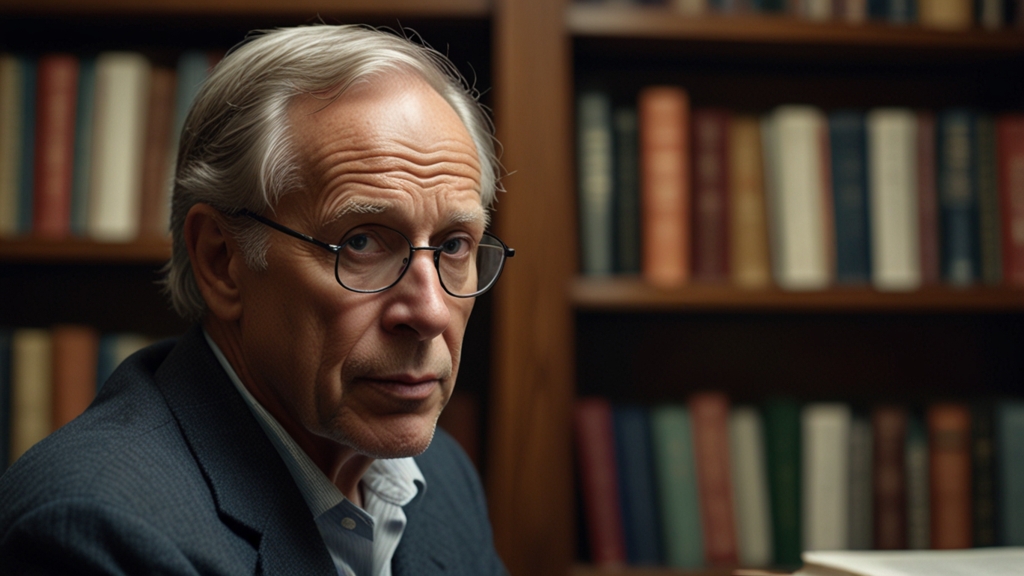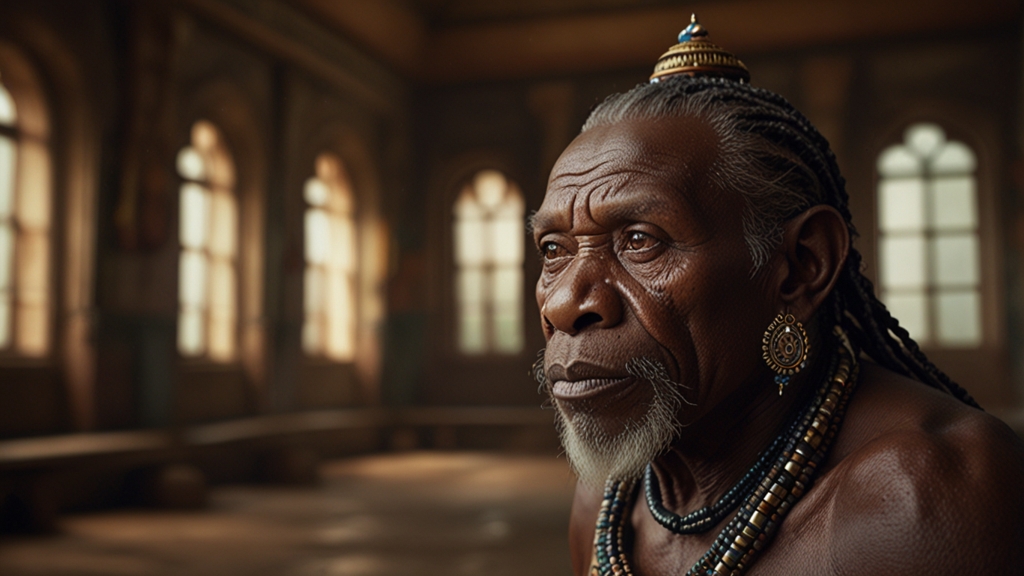The Epic of Gilgamesh: The First Story of Humanity's Quest for Immortality
The Epic of Gilgamesh is one of the oldest known pieces of literature, dating back to ancient Mesopotamia around 2100 BCE. This epic poem, inscribed on clay tablets in cuneiform script, not only tells the tale of a legendary king but also delves into profound themes that resonate with people even today. Among these themes, the quest for immortality stands out as a central focus, illustrating humanity's eternal struggle with the concept of mortality.
The Story of Gilgamesh
Gilgamesh, the protagonist, is a king of Uruk, part god and part human. His extraordinary strength and wisdom, however, come with arrogance, which causes suffering among his people. To counterbalance his power, the gods create Enkidu, a wild man who becomes Gilgamesh’s equal and eventual close friend. Their bond leads them on various adventures, including the defeat of the monster Humbaba and the Bull of Heaven, sent by the goddess Ishtar as retribution.
The climax of their friendship—and the entire epic—occurs when Enkidu dies as punishment from the gods. Gilgamesh is profoundly affected by the loss of his friend, spiraling into grief and a fear of his own mortality. This marks the beginning of Gilgamesh’s quest for immortality, a journey that takes him across the harsh wilderness and into the abode of the gods.
The Quest for Immortality
Determined to avoid Enkidu’s fate, Gilgamesh seeks out Utnapishtim, the one human who was granted immortality by the gods after surviving a great flood. The encounter with Utnapishtim is pivotal. The ancient figure recounts the flood myth, which parallels the Biblical story of Noah, and ultimately reveals that the gods bestowed immortality upon him and his wife as a unique and unrepeatable gift, emphasizing the exclusivity of divine favor.
"There is no permanence," Utnapishtim tells Gilgamesh, highlighting the underlying moral that the search for eternal life is fraught with futility.
Still, Gilgamesh's quest does not end there. Utnapishtim directs him to a plant at the bottom of the ocean that can restore youth. Gilgamesh retrieves the plant, only to lose it to a serpent while bathing. This teaches him that despite his strength and wisdom, some things are beyond human control.
The Lessons Learned
As Gilgamesh returns to Uruk, he realizes that immortality is not a physical state but a legacy left behind. His journey teaches him—and by extension, humanity—about the value of life and the importance of leaving a lasting impact through one's actions and contributions to society.
“The life that you seek you shall never find. When the gods created man, they allotted to him death, but life they retained in their own keeping.”
This poignant realization points to a profound truth: immortality is less about defying death and more about living a life worthy of remembrance. Gilgamesh ultimately finds solace in his achievements and his role as a wise ruler, becoming immortal through the epic itself and the continued retelling of his story across millennia.
Legacy and Impact
The Epic of Gilgamesh transcends its ancient origins, presenting themes that remain relevant. It explores human nature, friendship, heroism, and, most importantly, the quest for immortality, which has been a perpetual human concern. By confronting the inevitability of death, the epic encourages readers to evaluate their own lives and to consider what legacy they wish to leave behind.
In conclusion, "The Epic of Gilgamesh" stands as the first great narrative of the human condition. It reminds us that while we may not conquer death, we can achieve a form of immortality through the lives we touch and the stories we tell. This ageless narrative continues to inspire and educate, emphasizing that the essence of immortality lies within the human capacity to create, to impact, and to be remembered.







